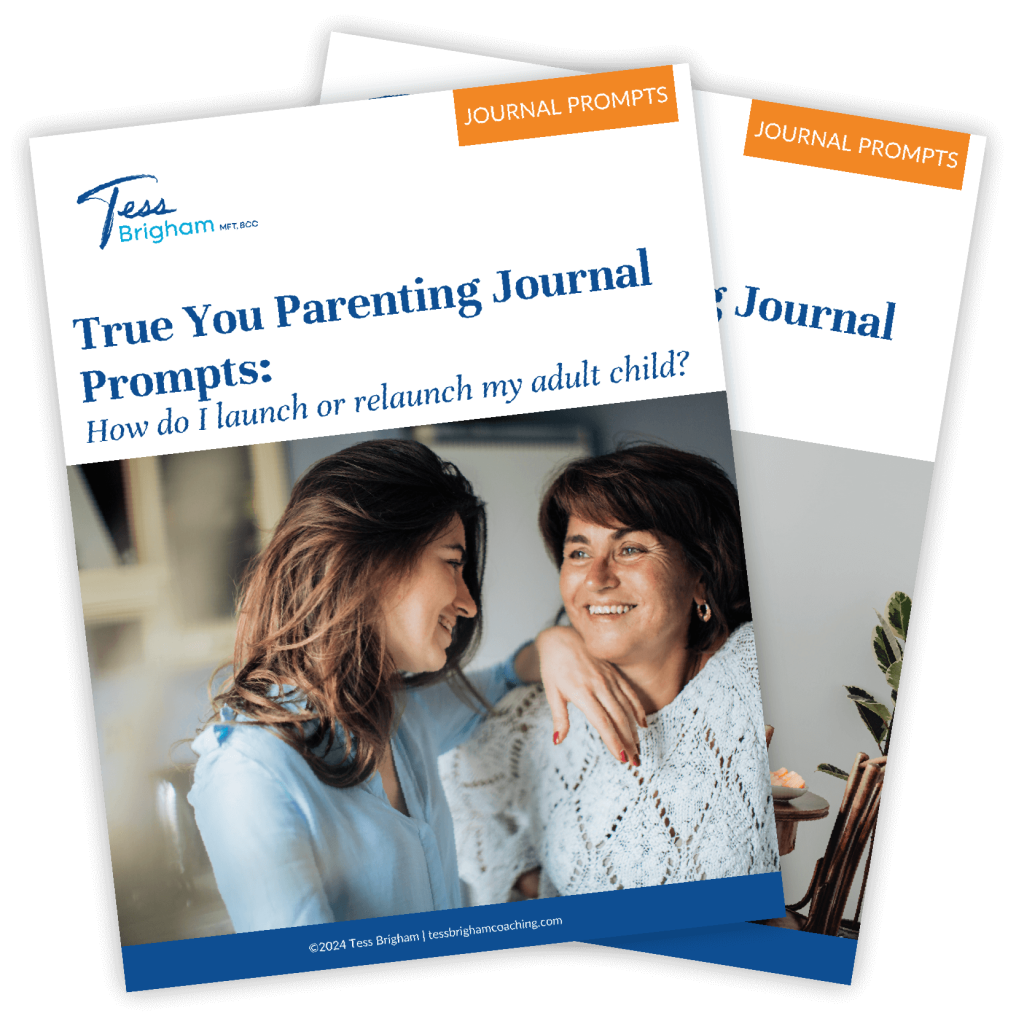The 7 Steps to Surviving Your 20s
The hardest part about being in your 20s is all the unknowns: Not knowing if you’re in the right career. Not knowing if you’re in the right relationship. Not knowing if you’ll ever find the right career or relationship. Some days life feels amazing, as if nothing could bring you down. Other days… not so much. Here are 7 steps to surviving your 20s.
It’s tough to know if you should just be happy and content for what you have or if it’s time to cut your losses and go in a new direction.
I hate to break it to you but the 20-something years are all about uncovering the unknowns. You can’t know if a job is “right” for you until you do it and you can’t know if a person is “the one” without committing to the relationship. Surviving your 20s is all about putting in the time AND the effort.
The hardest part of any journey or transition is trusting that if you do make the “wrong” choice, you’ll be able to figure out which direction to go in next. Ultimately, it takes time to figure out what kind of life you want to live.
Before you sell all your belongings and run off to raise Alpacas in South America, I do have some good news. If you continue to push past your fears and stop saying to yourself, “What if I try this and then that happens…” you will find a career that allows you to do what you enjoy and you will find someone who makes you laugh and has dinner waiting for you after a long day at work.
Victory is near. To get there, you need to know and follow the 7 steps to surviving your 20s:
The 7 steps to surviving your 20s
1. In the words of Bob Marley, “everything’s gonna be alright.”
When you’re in a job you hate, when you’ve just gone on your 15th terrible date in a row, when you’ve spent the last hour scrolling Instagram only to determine everyone else has a much better life than you, the last thing you want to hear is “everything’s going to be alright.”
I get it. It doesn’t feel like it’s going to be OK right now. Right now you want to dive deep under the covers of your bed and binge-watch “Stranger Things.”
While telling yourself “everything’s going to be alright” may seem pointless at first, it’s the most important thing you can say to yourself when you’re going through a transition.
When you want to take a risk, like changing jobs or moving to a new city, you’re standing on the ledge of a tall building. You believe there’s a net to catch you at the bottom but you can’t see it just yet.
As you stand there and look down, you’re faced with two choices; you can keep looking down and wonder what would happen if you decided to leap or you can just take the leap. The leaping is the easy part. Once you’re in the air, there will be a period of time when you’re free falling with no net and no way to get back on that ledge and you’re going to be scared.
It’s at these moments when you’ve got to believe everything IS going to be alright. You’ve got to trust there’s a net below you. Even if you get closer to the ground and there isn’t a net, you’ve got to believe you’ll figure out how to land safely. You will survive your 20s, I promise!
If you don’t believe, if you don’t trust you’ll figure it out, you’ll never have the confidence to take that leap. Don’t stand on the ledge… leap and trust.
2. Let’s get real about “real life” when surviving your 20s
Someone once said to me, “In order to experience true happiness, you have to experience true sadness.” As much as we wish life were simple and fun and full of laughter, it isn’t. This is actually a good thing. Our sadness, our disappointments, and our fears make us appreciate and cherish the times we feel at peace, when we feel confident in our abilities and when we accomplish a big goal.
If we got everything we wanted, all the time, what would be the point? What would we appreciate? What would we value?
Real life is full of mundane, boring parts. There will always be dishes to wash and laundry to fold, so you can’t measure your life based on how happy you are in the moment. Even when you really enjoy what you do for a living, have a loving partner and a home you adore, there are still boring parts of the day.
So what is “real life” all about? It’s about finding meaning. In 2013 a study was published in an issue of the Journal of Positive Psychology in which psychological scientists asked nearly 400 Americans ages 18 to 78 whether they thought their lives were meaningful and/or happy.
The researchers found, “Happiness without meaning characterizes a relatively shallow, self-absorbed or even selfish life, in which things go well, needs and desire are easily satisfied, and difficult or taxing entanglements are avoided.”
In other words, happiness is fleeting and your own happiness can only be measured or judged based on how well things are going that day or week or month. While this kind of life may sound pretty good to you, what are you going to do when things aren’t going so well?
No one gets through this life without pain, frustration, or heartache. The researchers found, “While happiness is an emotion felt in the here and now, it ultimately fades away, just as all emotions do; positive affect and feelings of pleasure are fleeting. The amount of time people report feeling good or bad, correlates with happiness but not at all with meaning.”
If you can focus less on “being happy” and more on creating meaning, you’ll be able to get through and manage those tough times. When it’s all over, the joy and relief will feel even better. This is key to surviving your 20s.
3. You’re not in high school anymore. You can fail, fall flat on your face, and no one will laugh at you.
Remember being back in high school when every mistake, terrible outfit, little pimple, bad hair day, felt like the end of the world? When you tripped in the hall that one time, right in front of your crush, and everyone laughed at you, it felt like you’d never get over it?
Guess what – nobody’s watching anymore. This is the perfect time to make mistakes. When you were in school and felt like everyone was watching and judging you, it took a lot of guts to put yourself out there and go against the grain.
Now that you’re part of the working world, there are very few people who are watching and judging what you do and what you say. You know who your worst critic is – you.
This is the time to take those risks and try out new things, not as the ultra cool teenager you felt like you had to be in school, but as the open, not afraid to look foolish 20-something that you are today.
4. Choose the kind of life you want to lead.
Have you ever caught yourself saying, “Well I should really be…” or “I know my mother thinks I should…” If this sounds like you, then you’ve got a case of the “shoulds.” The “shoulds” are the things you think you should be doing. The problem is the “shoulds” don’t take into consideration the kind of person you are or the kind of life you want to live. They only think about how it looks from the outside.
For example, let’s say you’re considering going back to graduate school to get an MBA. The “shoulds” never keep in mind that you’re the one who’s going to have to attend the classes, write all the papers, take all the tests and, pay all the student loans.
It doesn’t matter if you think you “should” get an MBA, you always need to ask yourself, “Would an MBA get me to where I want to go?” You have to remember that all those people who are “shoulding” all over you, aren’t going to be up late reading for you nor are they going to finishing up your latest 20-page paper.
This is your life and you’re the only one who has to live it, so make choices that feel right for you and the kind of life you want to live.
5. Make a choice before it’s made for you.
There will be several times in your life when you’ll have to make a big decision. Do I quit this job or stay and see if it gets better? Do I work and gain experience or is graduate school a better option? Do I want a long-term relationship or do I want to be single?
I’ve talked a lot about how hard it is for young adults in today’s world to make choices. The Internet is full of opinions on what you should (there’s that word again) be doing with your life. While it’s wonderful to have all this information at your fingertips, it also it can also feel like there are thousands of voices in your head telling you what direction to go in.
So what do you do? You decide to stay put until you make your choice. Seems like the best decision for right now? Maybe. Or it’s possible the choice will be made for you whether you like it or not.
Let’s say you’re wondering if you should stay at your current job or try to make a career shift. You’re unhappy and while you know this isn’t the right job or company for you, you fear all those “what ifs” that keep you from looking for something else. You don’t know what to do so you stay at your job. The problem is your lack of commitment and interest in your work shows and ultimately your work suffers and your attitude seems wishy-washy at best.
While you’re deciding what to do, you’re inadvertently showing your boss that you’re not 100% committed to your job. You may be really good at hiding your dissatisfaction (and if you are, feel free to skip to #6) but most likely your indecisiveness is telling your boss, you don’t like your job. This could then influence whether or not you get a raise, a bonus, a promotion and it may even influence whether you get to keep the job that you’re constantly thinking about quitting.
“So what,” you think, “If I get fired, it means this isn’t the right job for me?” Maybe. Maybe not. You don’t know if this is the right job for you because you were trying to figure that out when you got fired.
The point is you didn’t decide to leave your job, someone else made the decision for you. If you actively made the decision to leave your job you could have put together a plan. A plan on how much longer you would stay, how much money you would save, a chance to get in all your medical appointments before you lose your insurance, etc.
In order to ensure that you make your own choices, you need to make choices before they’re made for you. This is key to surviving your 20s.
6. You don’t need a long term plan. You just need a plan.
I’ve noticed among the young adults I work with there are two different groups. There’s the group that believes they need to have a solid multi-year plan to ensure they reach their desired destination by age 30.
Then there’s the other group. This group hates the idea of having any kind of plan. Their plan is to have no plan until they reach 30 and then they’re going to start making plans.
You’re going to change and grow so much in the next couple of years, there’s no way you’re going to be able to stick to the plan you developed at 18 or 22. At the same time, not having any kind of plan keeps you jumping from idea to idea, job to job with no time to really develop the skills and knowledge you need to make an informed decision.
Sit down and write out your future goals. Make a list of the kinds of jobs you’ve had in the past that you liked and the ones you disliked. Do the same for relationships, cities, friends, etc. If there’s a particular career or city you want to check out, create a plan of how you’re going to learn more about that career or city. If you don’t, it will remain an idea or notion. I’ve also written about how to find your path in your 20s.
7. Get over yourself already! Get out and go do some good in the world.
There will be times in our life when we’re just waiting. Waiting for graduate school to start, waiting to see if we get the promotion we were promised, waiting to see if our partner is going to take a job across the country or not. We’ve made our decision or we’re waiting for someone else’s decision and we’ve done all the internal soul-searching work we can do.
So now what?
Usually we end up going in circles and questioning our decisions and choices. We then go in circles about the other person’s decisions and (here’s that phrase again) “what if” ourselves to death. When you find yourself in this place, the best thing to do is to stop looking inward and start focusing your energy outward.
Worrying and ruminating about the future is not going to make the future come any faster nor is it going to make you feel better. If you’re someone who tends to overthink and worry too much, the best thing you can do for yourself is by helping someone else.
Volunteer for an organization you love or walk around your neighborhood and see if there’s anything you can do to make your environment more beautiful and welcoming. Whatever you decide to do with your time make sure it’s in service of someone else.
You might also like…
How to Find Your Path in Your 20s (without losing your sanity)
How to Make a Decision, Create a Plan, and Seek Help
What to Do When You Don’t Know What to Do
Everything You Need to Know About Your Impending Career Crisis













0 Comments